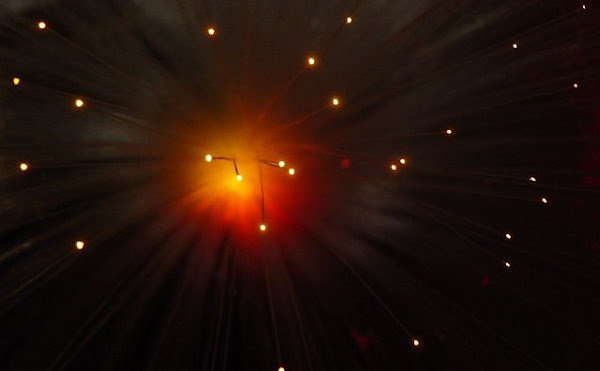
The SMH has the stark tale of just what TransACT has meant to its investors including the people of the ACT now that the sale has crystalised the investment:
TVG Capital, Motor Trades Association of Australian Super and ACTEW are among investors that will get $60 million from the sale of Canberra broadband provider TransACT to iiNet – an asset that cost them $280 million to build over 10 years.
Could it have ended differently if they’d stuck to the starry eyed plan of ten years ago? Or would it have just been good money after bad?
[Photo by St_A_Sh CC BY]











